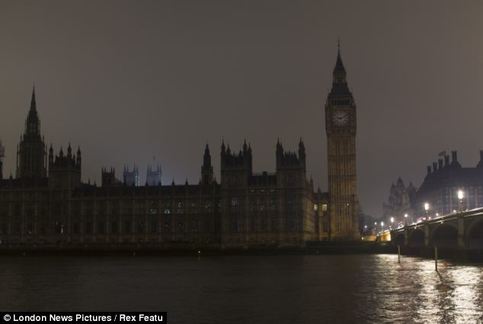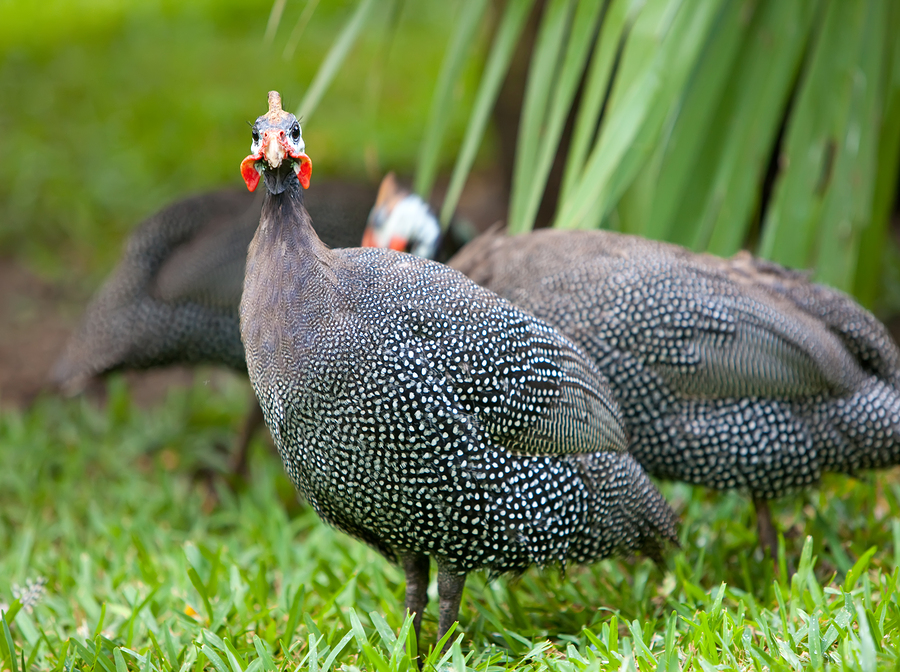
At last the long autumn has given way to winter, with the arrival of the first frosts. Although the cold nights have come as a shock, they will do the autumn sown crops no harm. The warm damp days are not entirely helpful this late in the year, but now the frosty nights will check their growth, and hopefully also any pests and diseases lurking amongst the lush foliage.
No doubt people will be reaching for their thermostats and turning up the heat in their homes. Fortunately for now there is hopefully enough capacity in the electricity supply to cope with the extra demand. However, one has to wonder if this time next year things may turn out a little differently.
On Wednesday Amber Rudd the Energy Secretary confirmed that the Government will oversee the closing down of all our remaining coal-fired power stations. At present these supply a third of all the electricity we need to keep the country functioning as an industrial nation.
It is incomprehensible as to why successive governments are prepared to damage beyond repair the UK’s capability to produce enough power to keep the lights on in our homes, and the wheels of British industry tuning.
Why they want to risk the nation’s energy supply by closing down irrevocably our fossil fuel power stations which still provide two thirds of our power, remains a mystery. To solely rely upon “carbon –free” renewables, and possibly in the future, nuclear energy if and when the Chinese decide to build some, is quite beyond comprehension.
The Government has been warned that by next winter, following the closure of more coal-fired power stations, we could well be faced with the prospect that we run out of any surplus energy supplies.
This will be when not only our central heating systems fail to respond and our lights go out, but so too will the entire transport system grind to a halt. Our computerised economy, so dependent upon electricity, cannot afford to rely upon dodgy renewables providing essential energy on cold, dull, windless winter days.
The Energy Secretary claimed last week that we are doing this to ‘set an example to the rest of the world’. It seems that ‘the rest of the world’ are taking not a blind bit of notice. They are supporting their economies, their citizens, and their futures, rather than vainly trying to reverse the natural phenomena of Global Warming.
Both China and India have already announced, ahead of the Paris climate conference, that over the next 15 years, they plan to double and triple their CO2 emissions by building hundreds more coal-fired powers stations. The UK has but a handful left, and it seems our Government is hell bent on putting them out of action.
It would at least be wise to moth ball these valuable sources of power rather than destroy them. It is certain that sooner rather than later politicians will come to their senses and realise the error of their ways. They will then need to fire up these reliable sources of power just to keep the lights on.
‘Should the UK remain a member of the EU or leave?’ This was the subject debated by Maria Caulfield MP, and Richard Ashworth MEP, last week at a well-attended meeting in Lindfield.
Maria, very much the Euro sceptic, said that since she has become an MP she has become even more sceptical. Amongst her constituents are the fishermen in Newhaven who are struggling to cope with EU quotas.
She was disappointed by David Cameron’s letter stating his demands, which she felt did not ‘dig deep enough’. And she is concerned about our increasing lack of sovereignty, and the major problem of immigration.
Since joining in 1973 the EU has been in economic decline, and she pointed out that then the European population was 17%, is it now less than 7%, of the world population.
She also noted that when we originally joined the Union our voice was one of a few. Today it is diluted as we are now just one amongst 28 countries.
Richard Ashworth said he remains convinced that the EU has prevented World War 3 happening. He believes the Prime Minister’s negotiations will be successful, and that it is vital to remain within the EU as Great Britain alone cannot invest in productivity, and research and development.
He feels that the free movement of people within the EU is vital, and to close down our borders would have unintended consequences, and he believes there is no credible alternative.
He also felt there was a high level of misinformation regarding such issues as the Court of Human Rights.
These arguments for and against remaining in the EU are of course relevant. However it appears that increasingly the general public’s decision when it comes to the referendum will be determined by their overriding concerns relating to the Nations security, and how the Government deals with the immigration crises across the Continent.
On this occasion the audience when polled were almost neck and neck. At this stage, if I were a betting man I would put my money on the Out team winning the debate.




 RSS Feed
RSS Feed